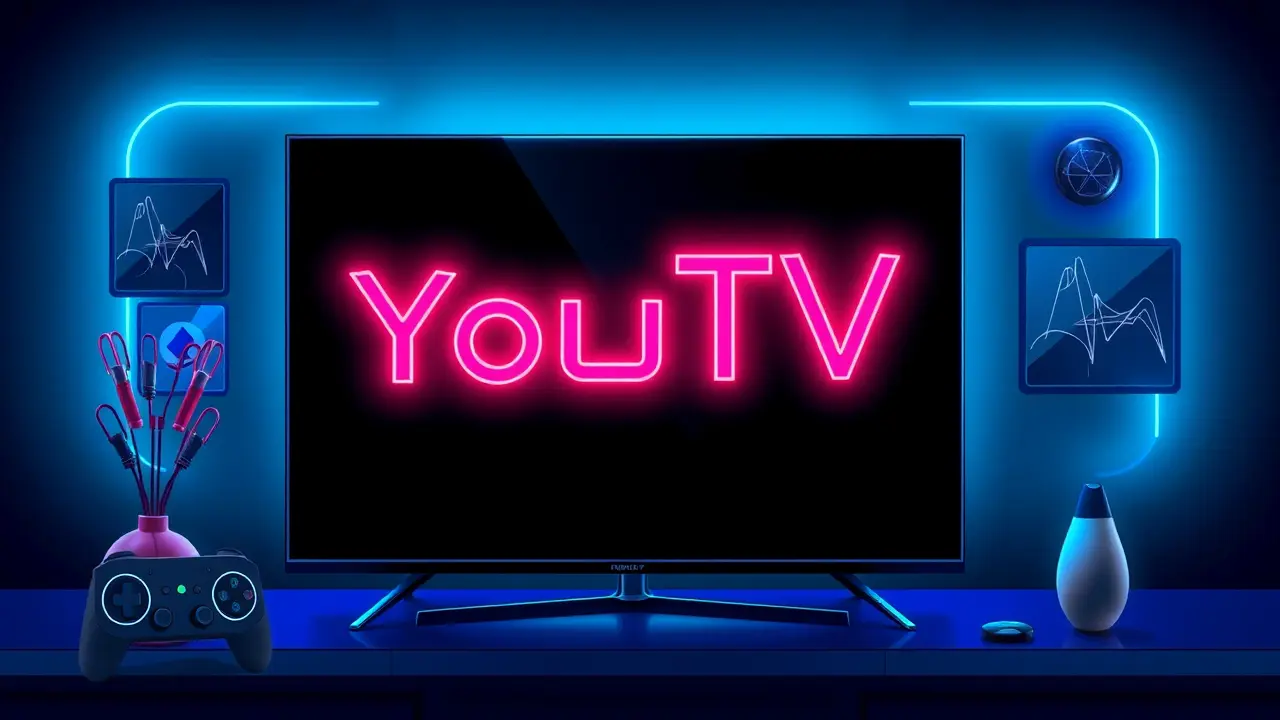
Entertainmenttv & streamingStreaming Platforms
Spotify Faces Class Action Over Alleged Payola in Discovery Mode
BR
Brian Miller
4 hours ago7 min read3 comments
The familiar rhythm of your favorite playlist is facing an existential crisis, as Spotify finds itself embroiled in a class-action lawsuit that strikes at the very heart of its algorithmic soul. The legal complaint, filed in a federal court, accuses the streaming behemoth of orchestrating a sophisticated, 21st-century payola scheme through its 'Discovery Mode' feature, a tool that allows artists and labels to accept a lower royalty rate in exchange for a coveted algorithmic boost.This isn't just a minor legal skirmish; it's a fundamental challenge to the trust we place in our digital curators. The lawsuit paints a damning picture, alleging that Spotify has effectively built a system where listeners are unknowingly paying for a manipulated experience, a deceptive practice where the authentic, organic discovery of music is supplanted by a pay-to-play model disguised as a neutral recommendation.This echoes the seismic payola scandals of the mid-20th century, when radio DJs were lavished with bribes to spin specific records, leading to congressional hearings and a permanent stain on the industry's integrity. The modern iteration, however, is far more insidious because of its scale and opacity; there's no charismatic Wolfman Jack figure to pin it on, just lines of code and a corporate policy that, the plaintiffs argue, fundamentally breaches consumer protection laws.The complaint powerfully states that the service 'charges listeners for the privilege of being deceived,' a line that resonates with the visceral betrayal felt by any music lover who thought their personalized 'Discover Weekly' was a gift from a knowledgeable friend, not a product of a financial transaction. The core of the issue lies in the lack of transparency—while Spotify presents these algorithmic playlists as objective and personalized, the lawsuit claims the inclusion of Discovery Mode tracks is a direct result of a financial arrangement, not purely listener data.This creates a distorted soundscape where the richest players, not the most resonant artists, can dominate the crucial channels of discovery, potentially sidelining emerging talent who can't afford to take the royalty cut. The consequences ripple far beyond a single lawsuit; this case could force a dramatic recalibration of the entire streaming economy, pushing platforms like Apple Music, Tidal, and Amazon Music to re-evaluate their own promotional tools under regulatory scrutiny.It raises profound questions about the ethical boundaries of algorithmic curation and whether any platform that blends advertising with content can ever claim true neutrality. For artists, it's a painful reminder of the eternal struggle between art and commerce, and for subscribers, it's a wake-up call that the soundtrack to their lives might be, in part, a carefully orchestrated commercial. The outcome of this legal battle will not only determine the future of Spotify's business model but will also set a critical precedent for how we define authenticity in the digitally mediated world of art and culture, forcing us to question if the algorithms we rely on to find our new favorite song are truly listening to us, or just to the highest bidder.
#featured
#Spotify
#class action lawsuit
#payola
#Discovery Mode
#music streaming
#legal complaint
#artist compensation
Stay Informed. Act Smarter.
Get weekly highlights, major headlines, and expert insights — then put your knowledge to work in our live prediction markets.
Related News
© 2025 Outpoll Service LTD. All rights reserved.
